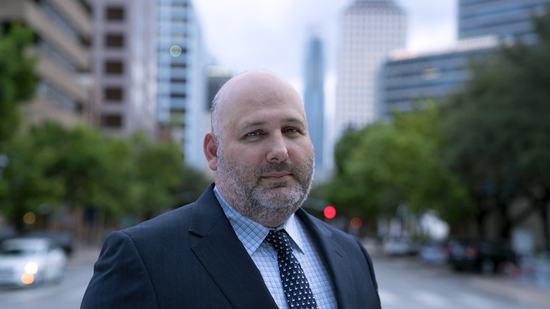Correction: A Nov. 15 article about a whistleblower complaint against MoneyGram International Inc. by fired in-house compliance manager Juan Lozada-Leoni mistakenly said that MoneyGram outside counsel John Barcus and MoneyGram’s Michelle Buckalew, head of global corporate communications, declined to comment. In fact, Barcus said, “MoneyGram contends that Mr. Lozada-Leoni’s allegations are without merit.” And Buckalew said in an email, “While MoneyGram stands by the Department of Labor’s determination that Mr. Lozada-Leoni’s claim is without merit, MoneyGram cannot discuss the specifics of the matter while Mr. Lozada-Leoni’s appeal is pending.” Their statements should have been inserted into the article and Corporate Counsel regrets the oversight.
Federal prosecutors reached a renewed deferred prosecution agreement last week with MoneyGram International Inc. over its anti-money laundering compliance violations. Behind the scenes stood an in-house whistleblower, who helped draw a road map of MoneyGram’s compliance failures cited by the government.


 Juan Lozada-Leoni, Dallas (Courtesy photo)
Juan Lozada-Leoni, Dallas (Courtesy photo)








